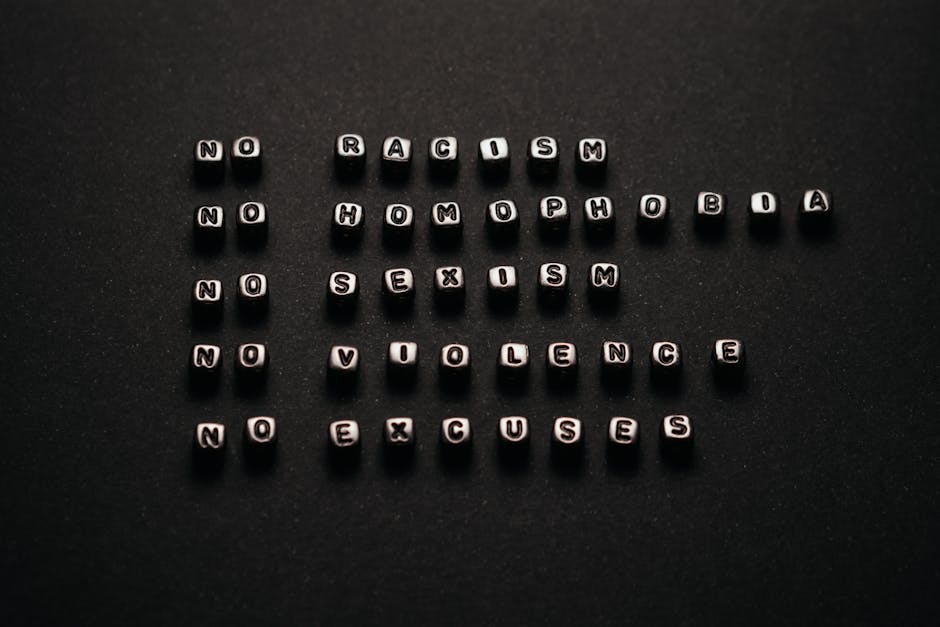Ted Cruz Takes Aim at Wikipedia
In a fiery social media outburst that has reignited debates over political bias in online platforms, Senator Ted Cruz has accused Wikipedia of harboring a left-wing slant. The Texas Republican’s criticism has sparked a heated discussion about the reliability and neutrality of one of the internet’s most widely used sources of information.
Cruz’s Allegations
Cruz’s grievances came to light in a series of tweets where he lambasted Wikipedia for what he described as “blatant liberal bias” in its content. He specifically pointed to the platform’s entries on political figures and issues, claiming that conservative viewpoints are often marginalized or misrepresented. “Wikipedia has become a propaganda arm of the radical left,” Cruz tweeted. “It’s time to hold them accountable for their blatant bias and misinformation.”
Mixed Reactions
The senator’s accusations have drawn mixed reactions. Supporters of Cruz have echoed his concerns, arguing that Wikipedia’s reliance on volunteer editors and open-source contributions makes it susceptible to ideological manipulation. Critics, however, have dismissed his claims as unfounded, pointing to Wikipedia’s stringent editorial guidelines and commitment to neutrality.
Wikipedia’s Response
In response to Cruz’s allegations, a spokesperson for the Wikimedia Foundation, the nonprofit organization that oversees Wikipedia, defended the platform’s integrity. “Wikipedia is built on the principles of verifiability, neutrality, and reliable sourcing,” the spokesperson said. “Our community of editors works diligently to ensure that all content adheres to these principles, regardless of political affiliation.”
The spokesperson also emphasized that Wikipedia’s open-editing model allows anyone to contribute or challenge information, provided they cite credible sources. “If Senator Cruz or anyone else believes that certain content is biased, they are welcome to engage with the editing process and propose changes,” the spokesperson added.
The Broader Debate
Cruz’s clash with Wikipedia is part of a larger, ongoing debate about the role of technology platforms in shaping public discourse. Conservatives have long accused major tech companies, including social media giants like Twitter and Facebook, of suppressing right-leaning voices. While platforms like Wikipedia operate differently, Cruz’s criticism highlights the growing skepticism among some conservatives about the neutrality of online information sources.
However, Wikipedia’s defenders argue that the platform’s collaborative nature makes it inherently resistant to bias. “Unlike traditional media, Wikipedia is not controlled by a single entity or editorial board,” said Jane Doe, a digital media expert. “Its content is the result of collective input from thousands of contributors worldwide, which helps balance out individual biases.”
Political Implications
Cruz’s attack on Wikipedia is likely to resonate with his conservative base, many of whom share his concerns about liberal dominance in the tech industry. The senator’s criticism could also fuel calls for greater regulation of online platforms, a contentious issue that has divided lawmakers along partisan lines.
At the same time, Cruz’s accusations have prompted questions about the broader implications of politicizing information sources. “When public figures like Senator Cruz attack platforms like Wikipedia, it undermines public trust in institutions that are meant to serve as neutral sources of knowledge,” said John Smith, a political analyst. “This kind of rhetoric only deepens the polarization that already plagues our society.”
What’s Next?
As the debate over Wikipedia’s alleged bias continues, it remains to be seen whether Cruz’s criticism will lead to any tangible changes. Some have called for increased transparency in Wikipedia’s editorial process, while others have urged the platform to double down on its commitment to neutrality.
For now, one thing is clear: the clash between Ted Cruz and Wikipedia underscores the challenges of navigating an increasingly polarized information landscape. As the lines between fact and opinion continue to blur, the need for reliable, unbiased sources of knowledge has never been more urgent.
Whether Wikipedia will emerge from this controversy unscathed—or whether Cruz’s accusations will lead to a broader reckoning—remains to be seen. But one thing is certain: in the age of information wars, the battle for truth is far from over.




